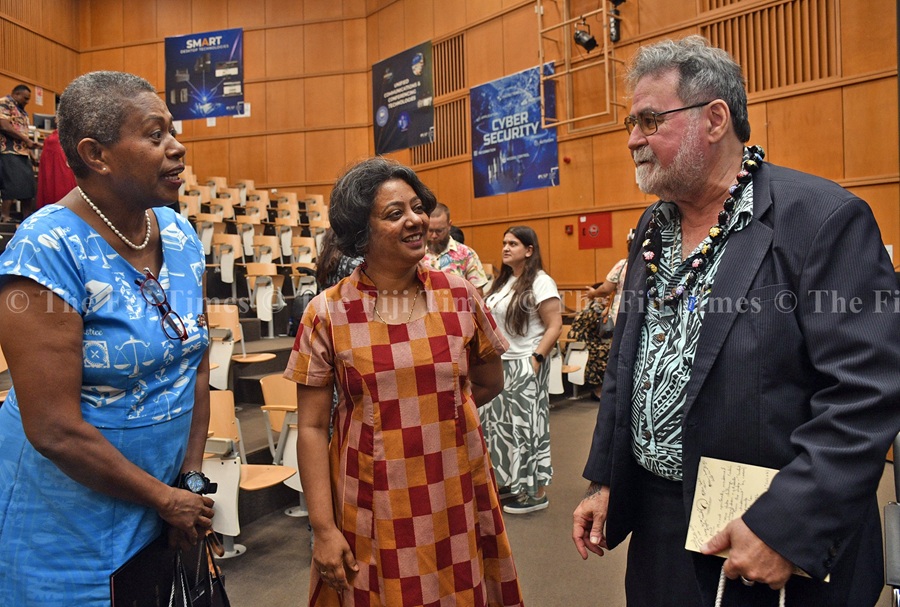Restoration and community work can serve as effective alternatives to corporal punishment.
Permanent secretary for Justice, Selina Kuruleca said positive discipline should focus on accountability and empathy rather than fear.
“What alternatives promote positive discipline? I want to first start by saying positive discipline is not permissiveness,” she said.
“It’s not a free pass. It is structure with empathy.”
Ms Kuruleca explained that positive discipline combined boundaries, communication, and consequences in ways that taught self-control instead of instilling fear.
She said that in many older schools, even during the colonial era, discipline often included tasks such as scrubbing, weeding, or extra chores forms of correction that taught responsibility without physical harm.
Drawing from her previous work with the World Health Organization’s Health Promoting School Initiative between 2017 and 2020, Ms Kuruleca said the “TAP” (Take A Pause) concept, encouraged teachers and community members to reflect before reacting.
“Ask for accountability and ask for alternatives to poor behaviour.
“We as adults also need to learn to take a break when we are feeling out of it.”
Ms Kuruleca suggested replacing punitive labour with community contributions that rebuild trust and using restorative circles where students and teachers could discuss harm, its impact, and ways to repair it together.
She also emphasised the value of pairing discipline with mentoring or counselling so that students “learn skills, not fear”.
“This is not softness.
“It is fairness with humanity. It mirrors our cultural ethics of veilomani, compassionate correction, respect, and restoring dignity.”



